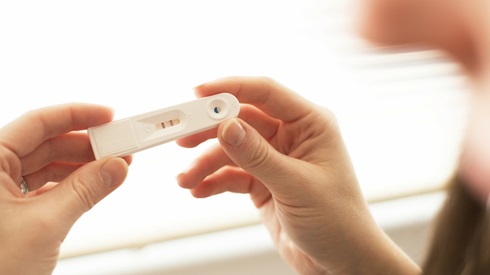Is it truly contraception or it is abortion? The debate over the “morning after pill” may hinge on a single definition.
The Morning After Pill (MAP) is a term coined to describe a single pill or series of pills given to women within 72 hours of sexual intercourse to prevent pregnancy. MAP, also referred to as “emergency contraception,” contain high concentrations of the hormones found in oral contraceptives. In the United States, most brands are available without prescription and without age restriction 1.
The physiological mechanisms are not precisely known but there is general consensus in the medical community that these pills may operate in one of three ways:2
- To delay or prevent ovulation (the release of the woman’s egg)
- To prevent sperm from reaching the egg, preventing fertilization and acting as a contraceptive
- To alter the lining of the uterus (endometrium), preventing implantation of an early embryo after fertilization
This last point is one of major debate and one that pivots on the definition of pregnancy.
Traditionally, fertilization — the joining of sperm and egg to form a zygote — is recognized as the beginning of pregnancy. Biologically, fertilization marks the creation of a genetically complete human being that only needs time, nourishment, and a place to grow3. However, groups like the American College of Obstetricians and Gynecologists define pregnancy as “when the fertilized egg is implanted4.
Based on the fertilization definition of pregnancy, MAPs may cause an early abortion. This is information women have a right to know before taking the pills.
For More Information
Read Focus on the Family’s Physician Resource Council’s statement on “Birth-Control Pills and Other Hormonal Contraception.”
Read about the possible abortifacient effect of emergency contraception: C. Kahlenborn, et al., “Postfertilization Effect of Hormonal Emergency Contraception,” The Annals of Pharmacotherapy, March 2002.
This article was originally posted June 2003. Amended in March 2016.






